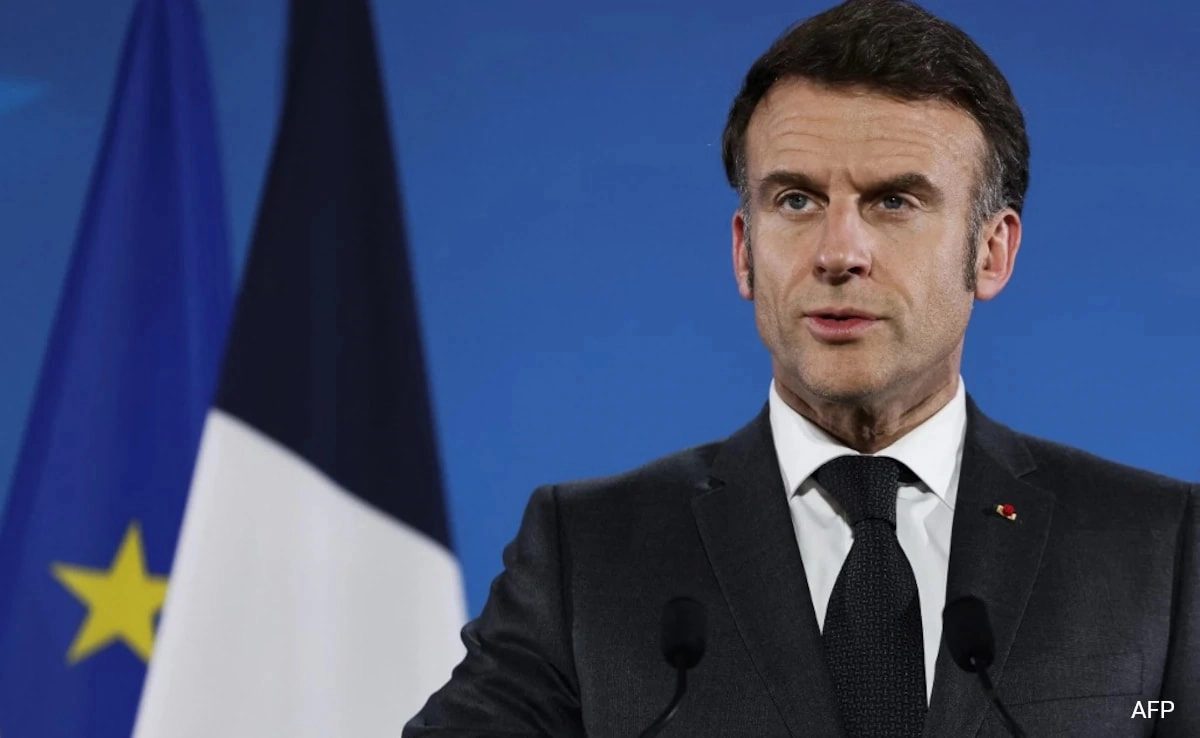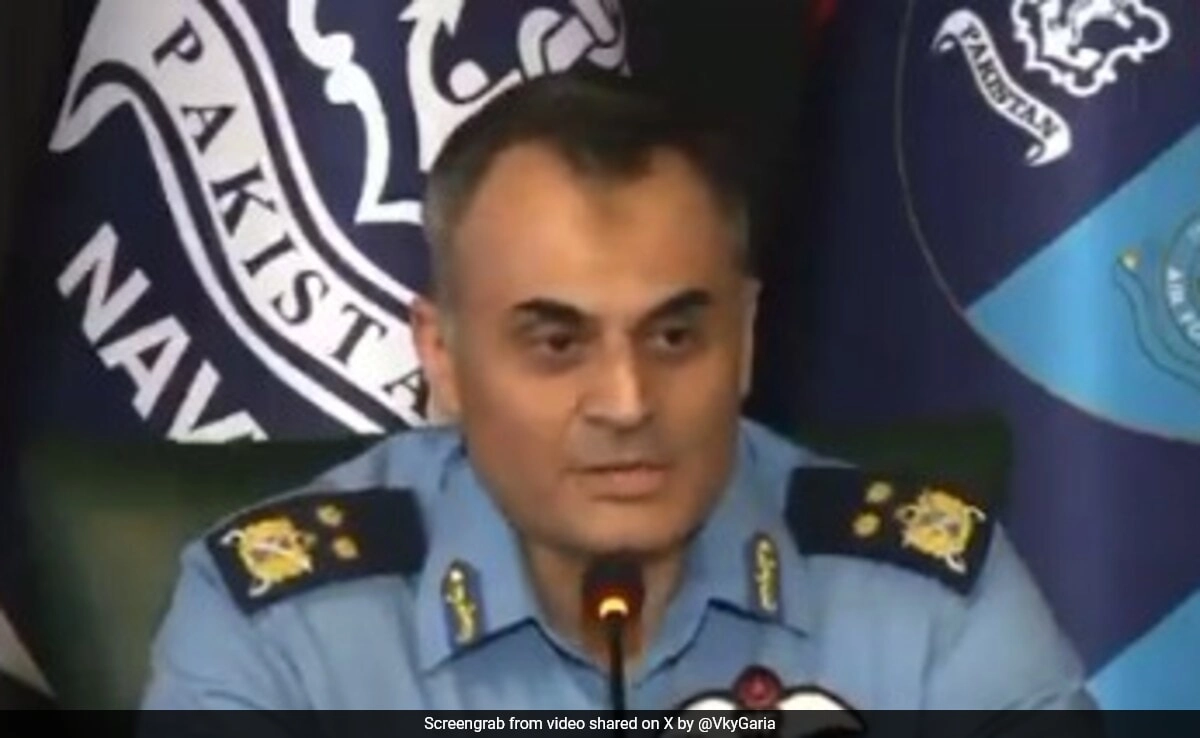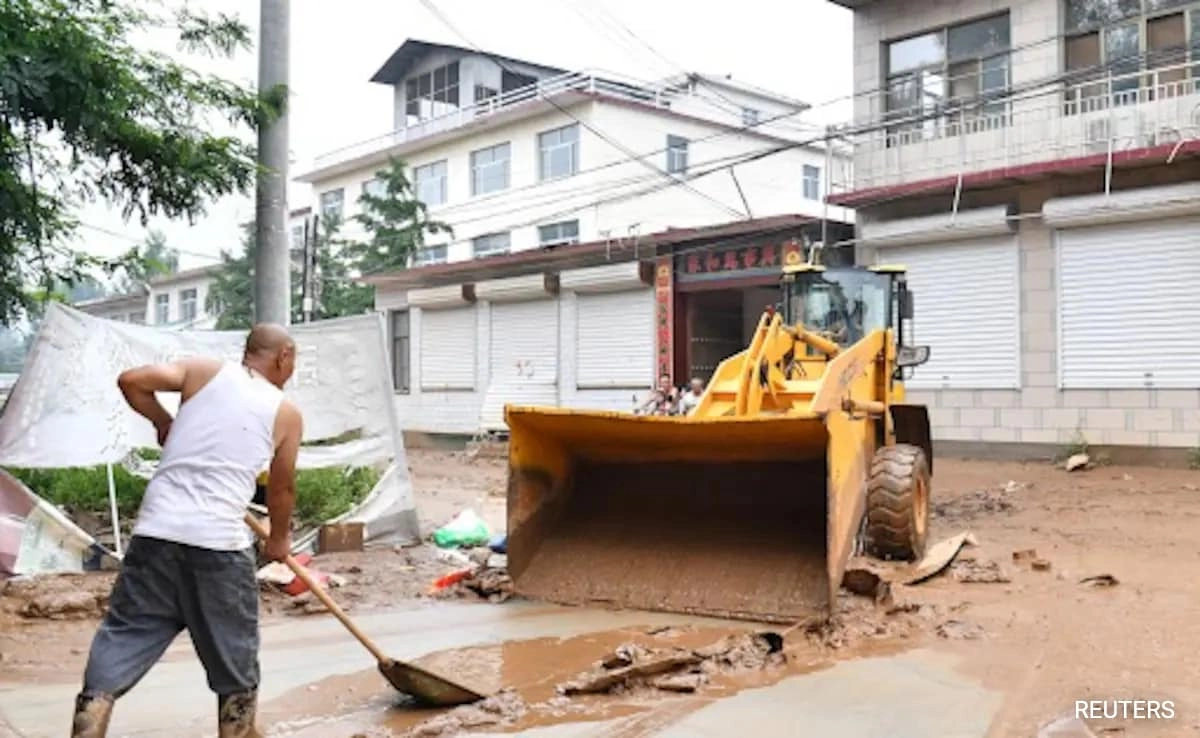French President Emmanuel Macron has expressed grave concerns regarding the potential ramifications if Iran were to withdraw from the Nuclear Non-Proliferation Treaty (NPT). In a recent statement, he labeled such a move as the “worst scenario,” highlighting the serious threats it could pose not only to regional stability in the Middle East but also to global security as a whole. The NPT, which has been a cornerstone of international efforts to prevent the spread of nuclear weapons, relies heavily on the commitment of its member states to adhere to its principles. A departure by Iran would undermine the treaty’s effectiveness and could trigger a cascade of nuclear proliferation among other nations.
Macron’s remarks come amidst heightened tensions between Iran and Western powers, particularly regarding Tehran’s nuclear activities and its compliance with the agreements established in the 2015 Joint Comprehensive Plan of Action (JCPOA). The JCPOA aimed to limit Iran’s nuclear program in exchange for the lifting of economic sanctions; however, the U.S. withdrawal from the agreement in 2018 and the subsequent re-imposition of sanctions have led Iran to gradually step back from its commitments. This situation has prompted fears that Iran could develop nuclear weapons capability, which would significantly alter the strategic landscape of the Middle East.
The French President’s warning serves as a call to action for the international community to engage in diplomatic efforts to prevent Iran from making such a critical decision. Macron emphasized the importance of dialogue and constructive negotiations to address the concerns surrounding Iran’s nuclear ambitions. He underscored that a collaborative approach involving key stakeholders, including the United States, European nations, and regional partners, is essential to ensure that Iran remains committed to the NPT and its obligations. The stakes are high, as the consequences of a nuclear-armed Iran could lead to an arms race in a volatile region already fraught with conflict and instability.
In light of these developments, Macron’s statements reflect the urgent need for a renewed commitment to diplomatic solutions and multilateral cooperation. The international community must come together to reinforce the principles of non-proliferation and work towards a comprehensive framework that addresses the underlying issues driving Iran’s nuclear pursuits. Failure to do so could indeed lead to the “worst scenario” that Macron warns against, with far-reaching implications for peace and security in the Middle East and beyond. The path forward will require patience, strategic thinking, and a willingness to engage in difficult conversations to navigate the complexities of this critical issue.




